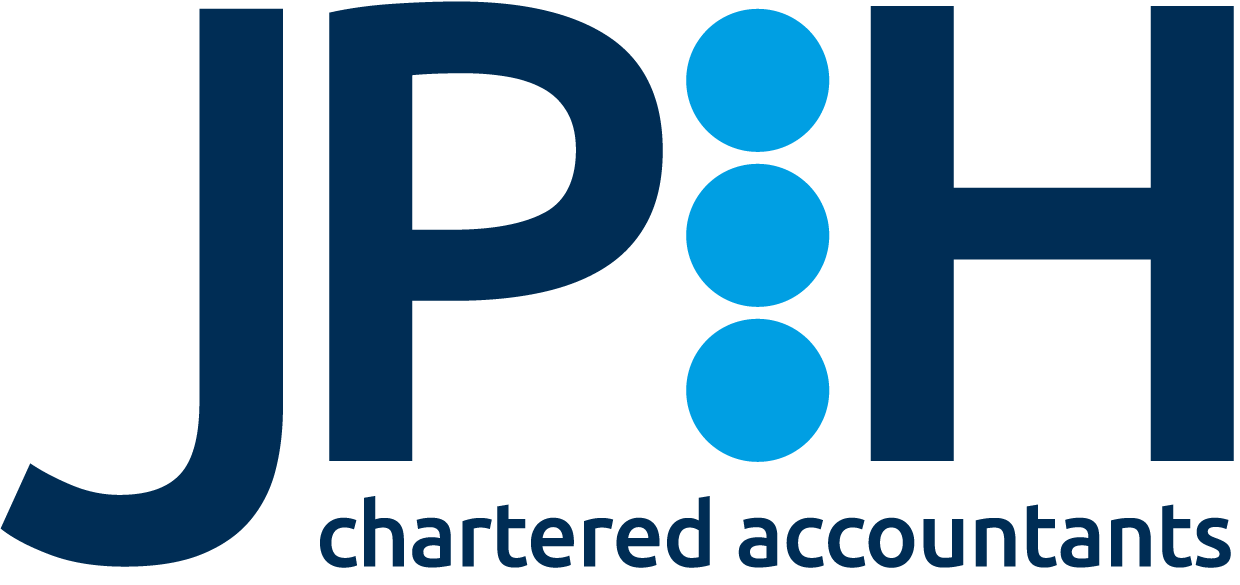If you’re in business, there may well be a time where you need to deal with VAT, and you’re not going to get very far if you don’t understand the basics of this incredibly complex tax.
Don’t worry, though: we’re here to help.
In this article, we’ll take a look at the most important aspects of VAT, including when you need to register. Let’s get started.
What is VAT
VAT is a tax that the Government requires certain businesses to apply to the goods and services they sell — whether it’s to an individual or another business.
However, this isn’t just an additional charge businesses impose for their gain. Instead, businesses collect the tax from their customers and later pay it to HMRC. In that sense, VAT-registered businesses are VAT-collectors.
The £85,000 VAT threshold
We said only certain businesses need to collect VAT. More specifically, only businesses with an annual turnover of £85,000 need to register for and charge VAT. Businesses that know they will pass this threshold in the next 30 days also need to register.
It’s worth mentioning that the threshold isn’t fixed forever. The Government can review and modify it, depending on various economic factors. Indeed, the £85,000 threshold was set in 2017, although the threshold will remain at this level until at least 31 March 2024.
VAT rates
VAT is charged at different rates for different products. VAT can be applied to almost every product and service you could think of, so it can take a lot of checking to know what to charge. The rates are:
- Standard Rate (20%): Most goods and services fall under this category, including most electronic devices, alcoholic beverages, and petrol.
- Reduced Rate (5%): Some products and services, such as children’s car seats or home energy, enjoy a reduced VAT rate.
- Zero Rate (0%): A few items are zero-rated but still must be recorded for VAT purposes. This includes most food (but not meals in restaurants or hot takeaway food), books, newspapers and children’s clothing.
Businesses must be attentive to these varying rates, as misclassification can lead to compliance issues.
Benefits of early registration
Registering for VAT before you legally have to might seem like a step too soon. However, there are tangible advantages to this proactive approach.
Firstly, charging VAT can bolster a businesses cashflow, because they get more money on most sales they make. Yes, it has to be paid to the Government, but the extra cash could come in handy in tight situations.
Secondly, VAT-registered businesses can offset the VAT they charge against the VAT they pay others. By offsetting the VAT paid on these against the VAT collected from sales, businesses can often see a net cash benefit, particularly if they have significant start-up costs or capital investments.
Post-registration responsibilities
Becoming VAT registered is a significant milestone, and with it comes new responsibilities. The most immediate change will be in how goods are priced.
VAT-registered businesses must factor in VAT when setting the prices for goods and services. This addition can be a straightforward percentage increase based on the current VAT rate.
Administrative duties also ramp up, as businesses must keep a close eye on the VAT they collect from sales and the VAT they pay on purchases.
This meticulous record-keeping is essential as it’s logged and submitted to HMRC in their VAT return — a regular report businesses submit to the tax authorities, usually on a quarterly basis.
The importance of VAT specialists
VAT is complex, even for us VAT accountants. But after years of experience, we have the expertise to help you with your VAT duties, including everything we didn’t have time to cover in this article, like VAT schemes.
So, if you need help with VAT or just have a question, don’t hesitate to get in touch with us. We’re determined to help.
Talk to us about your VAT accounting.


